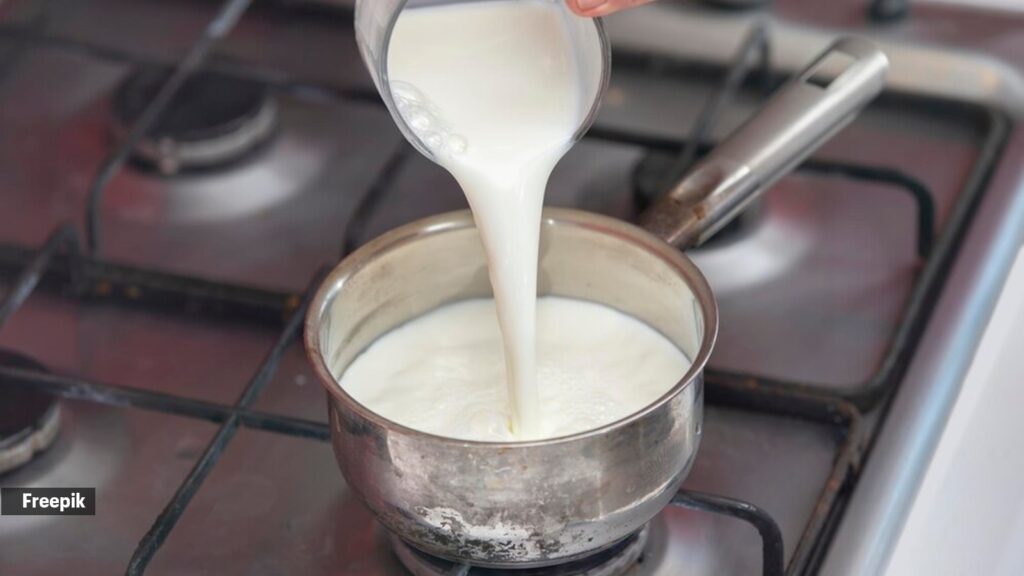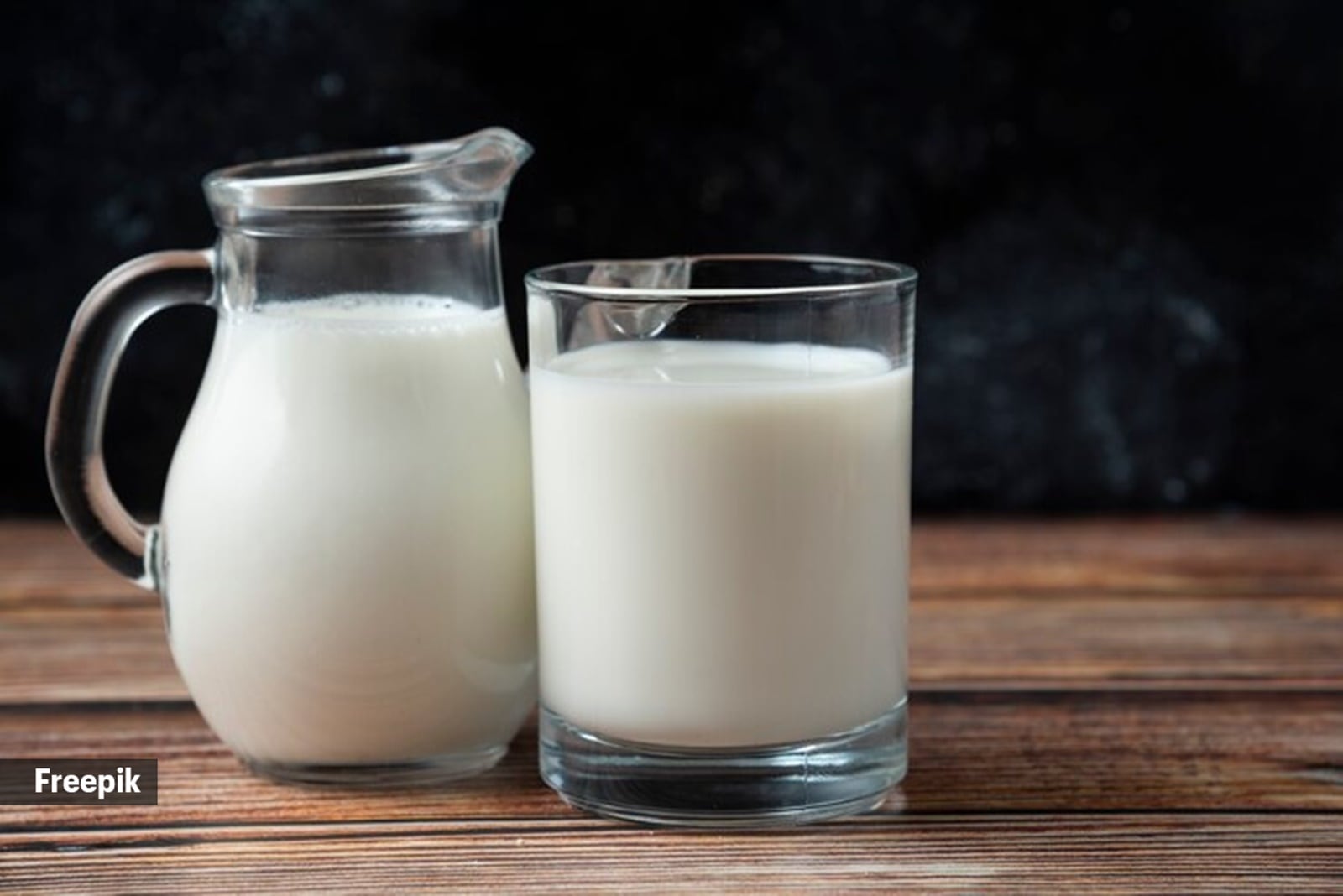
For many Indian households, boiling milk after purchasing it is almost second nature ŌĆö an everyday ritual passed down for generations. Even today, whether itŌĆÖs fresh milk from a dairy or the neatly packaged variety from a supermarket, the first instinct is to pour it into a pan and set it to boil. But with the rise of pasteurised and ultra-pasteurised milk, this habit has raised a common question: is it really necessary to boil packet milk anymore?
Milk packets often come with labels like ŌĆśpasteurised,ŌĆÖ ŌĆśtoned,ŌĆÖ or ŌĆśUHT,ŌĆÖ but most consumers donŌĆÖt fully understand what these terms imply.
Is it necessary to boil pasteurised milk that comes in packets before consumption, and what are the risks if one doesnŌĆÖt?
Kanikka Malhotra, consultant dietician and certified diabetes educator, tells indianexpress.com, ŌĆ£You do not need to boil milk if you have a sealed packet of milk and you put it in the refrigerator. Pasteurised milk is subjected to a heat treatment that eliminates microorganisms like Salmonella and E. coli that can cause disease and is therefore safe to drink directly from the pack.ŌĆØ
Scared about the unpasterurisation of all that milk? Boiling pasteurised milk is only essential when you think it has been contaminated or poorly stored. This easy step allows you to safely enjoy this food without sacrificing its nutrient density.
| Situation | Need to Boil? | Reason |
|---|---|---|
| Packet intact, milk properly refrigerated | No | Already safe due to pasteurisation |
| Packet damaged or leaking | Yes | Possible contamination after packaging |
| Suspected improper storage (not cold) | Yes | Bacterial growth possible, boiling adds safety |
| Personal preference or habit | Optional | No harm, but some nutrients lost |
 Raw milk should always be boiled before drinking. (Source: Freepik)
Raw milk should always be boiled before drinking. (Source: Freepik)
Does boiling milk again at home alter its nutritional content or reduce its shelf life?
Homemade boiling of milk also alters its nutritional composition. ŌĆ£Boiling milk can cause a decrease in heat-sensitive B vitamins including B1, B2 (riboflavin), B3, B6, and folic acid, with losses as high as 36%. Riboflavin, critical for energy production and commonly found in milk, falls when boiled. Boiling does change some of the proteins in milk and affects its fat composition, but the total fat and total calcium do not change significantly,ŌĆØ informed Malhotra.┬Ā

And though boiling can kill bacteria in raw milk, she says, itŌĆÖs not needed in pasteurised milk and can decrease its nutritional value. Boiling doesnŌĆÖt extend shelf life; in fact, opened milk should always be refrigerated and consumed quickly, boiling or not. For most people, drinking pasteurised milk without boiling it is safe and better in nutritional value.┬Ā
Specific types of packaged milk that should or shouldnŌĆÖt be boiled
Malhotra notes, ŌĆ£The UHT (Ultra-High Temperature) milk in tetra packs is already superheated at 135ŌĆō150┬░C for a few seconds and packed in sterile packaging. This process kills off all harmful bacteria, which means UHT milk is safe to drink straight from the pack ŌĆö no boiling required. Reheating UHT milk is actually just a matter of personal preference and not safety.
Story continues below this ad
She adds, ŌĆ£Packets of pasteurised milk, by the way, are similarly heat-treated (usually at 72┬░C for 15 seconds) to kill most bacteria, making boiling unnecessary, provided you use the packet intact and keep it refrigerated.ŌĆØ
Raw milk, however, should always be boiled before drinking. If it hasnŌĆÖt been heat-treated and might have pathogens inside, says the expert. Choosing the right milk and handling it safely ensures you get the best nutrition without unnecessary steps.┬Ā
DISCLAIMER:┬ĀThis article is based on information from the public domain and/or the experts we spoke to. Always consult your health practitioner before starting any routine.






